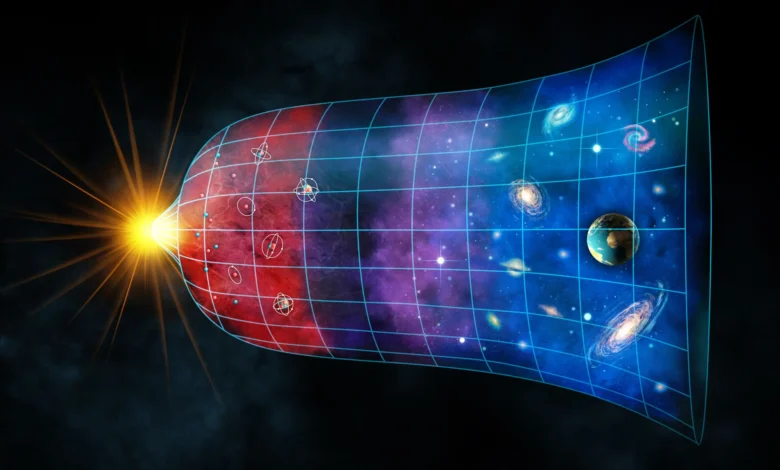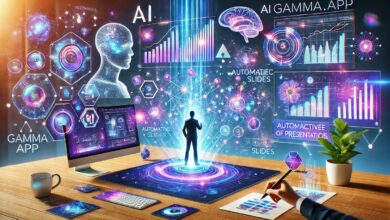AI to Revolutionize Fundamental Physics and Predict the Universe’s Fate

Artificial intelligence (AI) is set to transform fundamental physics, offering insights that could redefine our understanding of the universe’s future. According to Prof. Mark Thomson, the incoming director general of CERN, Artificial intelligence application in particle physics could parallel groundbreaking A I-driven advancements, such as Google DeepMind’s protein structure predictions, which earned a Nobel Prize.
Artificial intelligence and the Large Hadron Collider
At the Large Hadron Collider (LHC), AI is playing a crucial role in detecting rare subatomic events, crucial for understanding how particles gained mass post-Big Bang. Thomson emphasizes that these are not incremental improvements but transformative breakthroughs enabled by sophisticated AI techniques.
Advancements Through Artificial intelligence
The use of machine learning at CERN has amplified efforts to detect phenomena related to the Higgs boson, commonly referred to as the God particle. With AI-driven improvements, researchers can now measure Higgs self-coupling, a process that determines how the Higgs boson interacts with itself—crucial for understanding the universe’s stability.
Future Collider and Artificial intelligence Role
CERN is advocating for the Future Circular Collider (FCC), a 90km facility designed to supersede the LHC. While some nations, including Germany, have expressed concerns over its $17 billion cost, AI is reigniting enthusiasm for new physics discoveries. The planned LHC upgrade by 2030 aims to increase beam intensity tenfold, making dual Higgs boson production observable—an outcome previously deemed impossible.
Implications for the Universe’s Fate
Thomson explains that Higgs self-coupling could reveal whether the Higgs field has reached a stable resting state or if another drastic transition could occur in the distant future, potentially causing the universe to evaporate instantly. However, experts like Dr. Matthew McCullough assure that such an event would be irrelevant within any human timeframe. Live Newztalkies.com highlights that while the scenario remains speculative, its scientific significance is profound.
AI’s Role in Data Processing
The LHC generates 40 million proton collisions per second, requiring AI to instantaneously analyze and select valuable data. Dr. Katharine Leney, a researcher on the Atlas experiment, notes that A I has accelerated discoveries by two decades, far exceeding initial expectations. Live Newztalkies.com emphasizes how Artificial intelligence is revolutionizing data collection, analysis, and interpretation.
AI and the Search for Dark Matter
Scientists believe Artificial intelligence could finally unravel the mystery of dark matter, which is thought to comprise a significant portion of the universe. Traditional search methods rely on predefined parameters, but generative A I allows researchers to ask open-ended questions, potentially identifying previously undetectable anomalies.
Conclusion
Artificial intelligence is transforming fundamental physics, with applications extending from particle mass detection to exploring dark matter and universal stability. As Live Newztalkies.com continues to follow these advancements, it’s clear that artificial intelligence is reshaping the future of physics, pushing the boundaries of our knowledge beyond what was previously imaginable.



